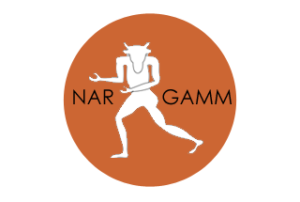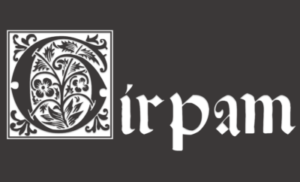Thesaurus Linguae Latinae
The Thesaurus was established in 1893 as a project of the five German-speaking Academies then in existence. In 1949 it was placed on a new, international foundation with the setting up of the International Commission for the Thesaurus linguae Latinae. The Commission comprises delegates from the participating institutions in (at present) 25 countries – no more than one institution from each country, together with the eight German Academies – and a number of individual members.
MEMBERS: Catarina Gaspar
LINK: https://thesaurus.badw.de/en/organisation/international-commission-for-the-tll.html







